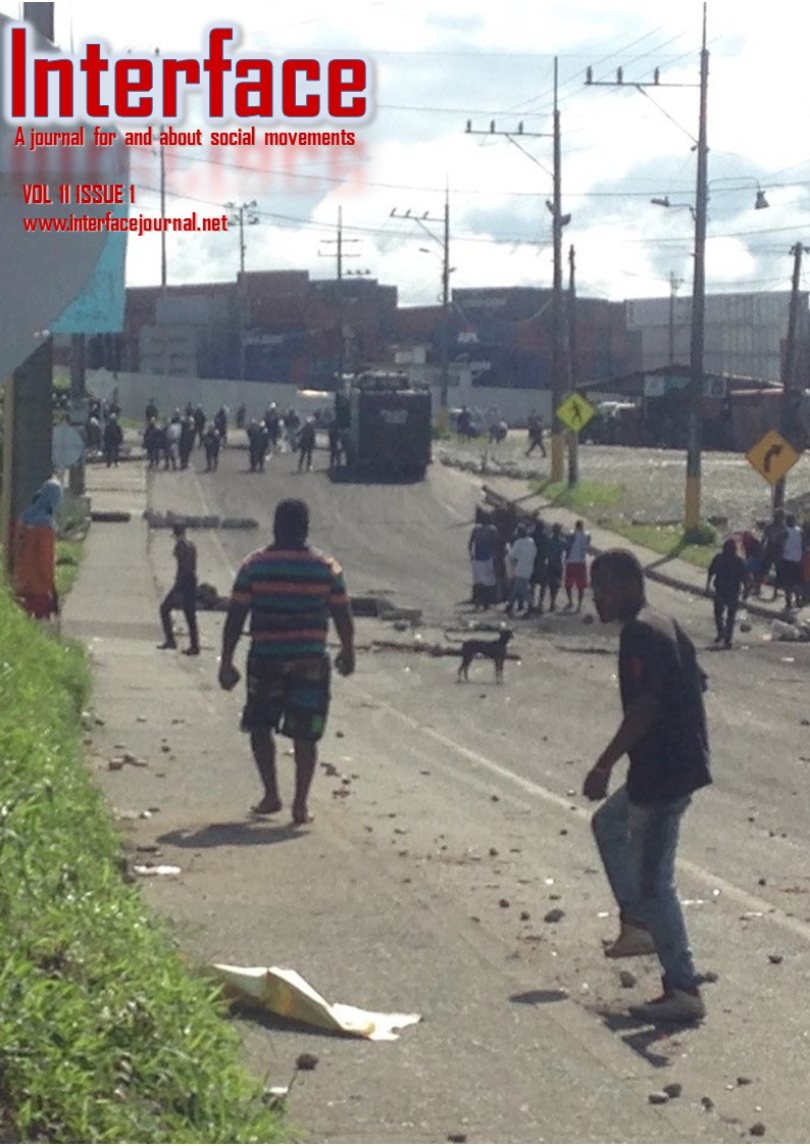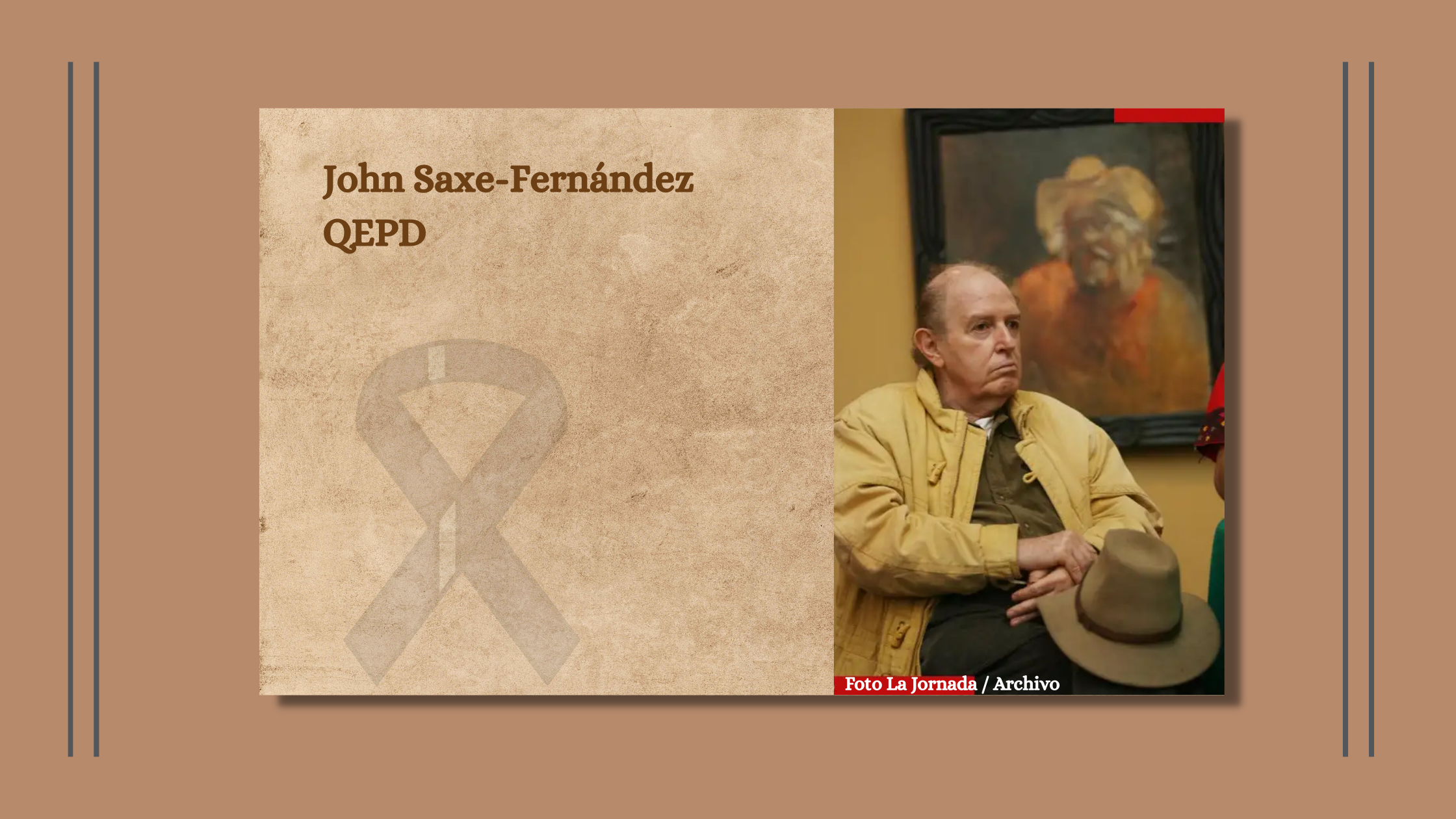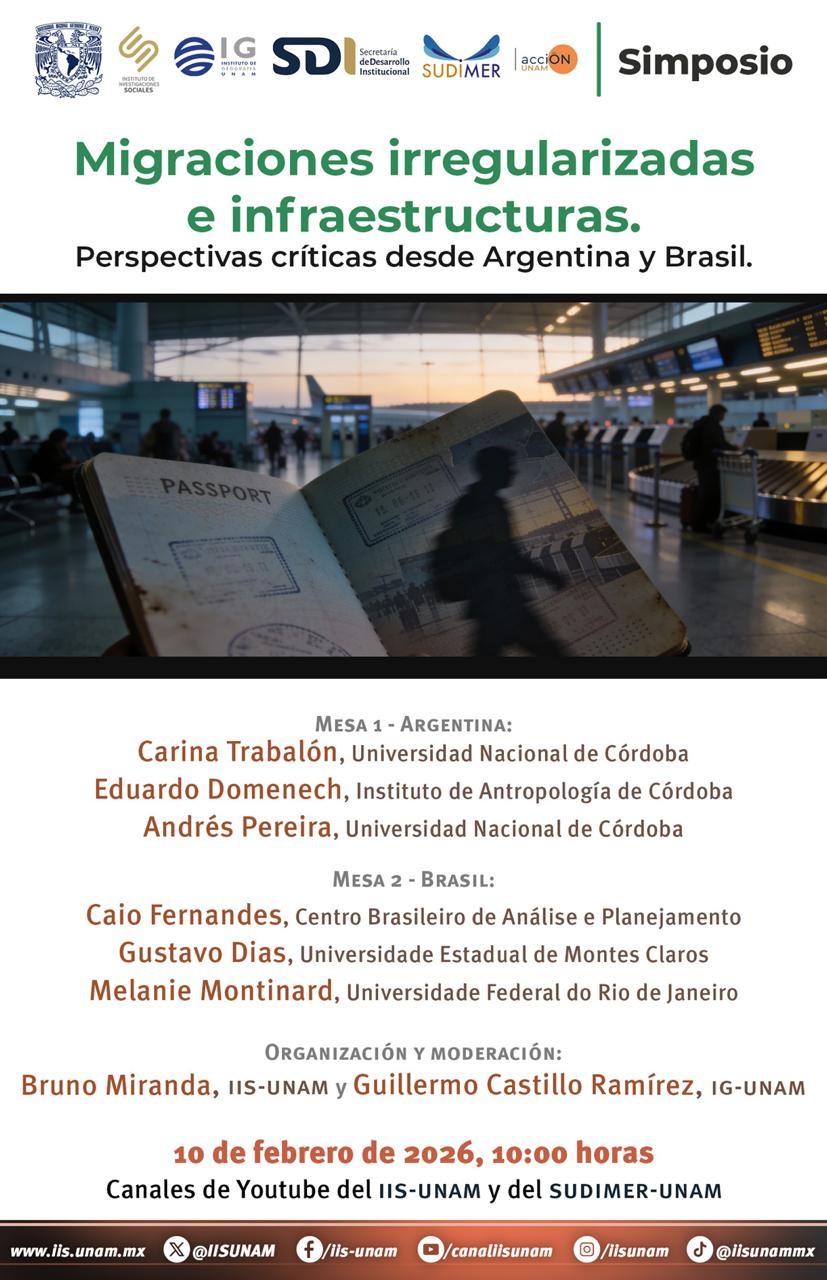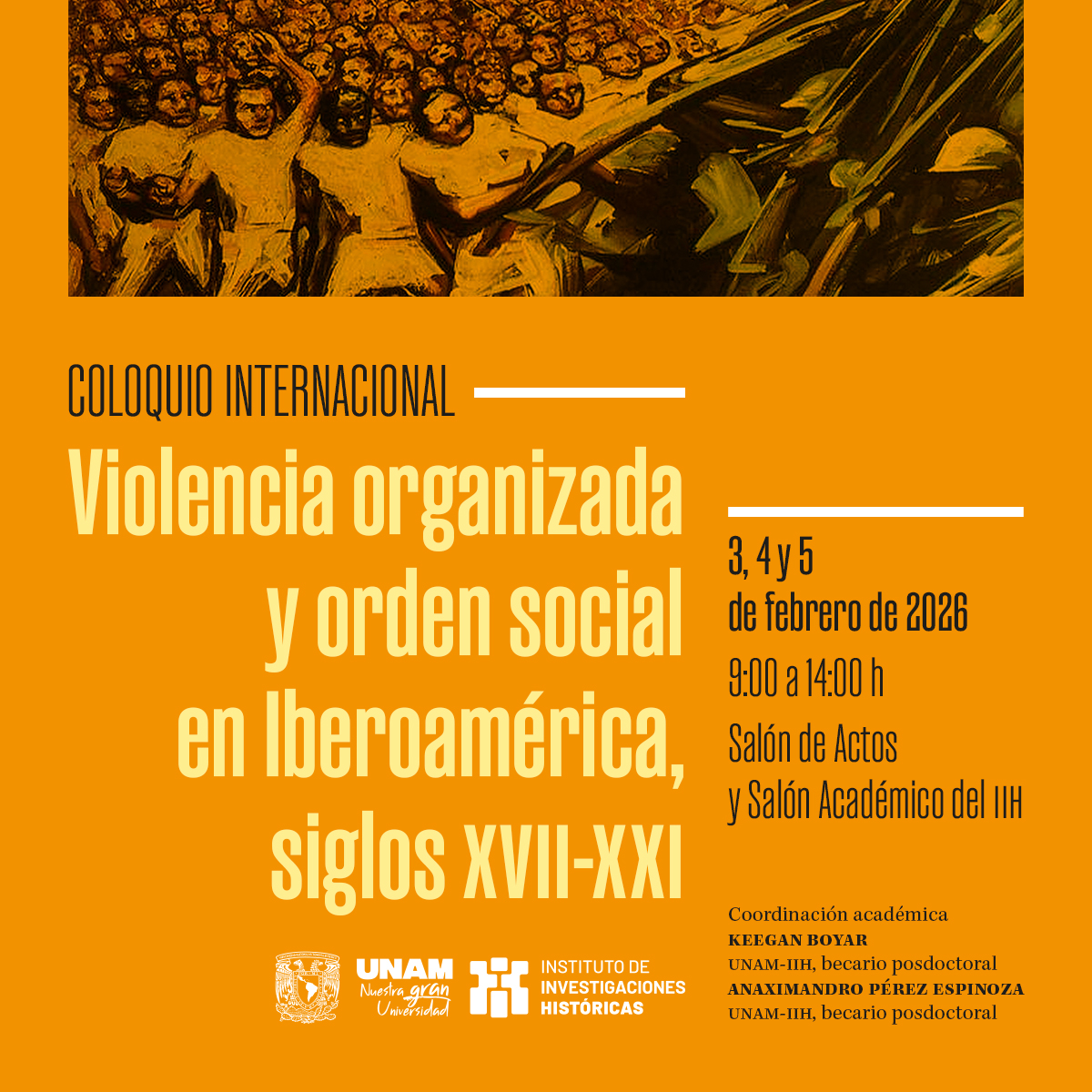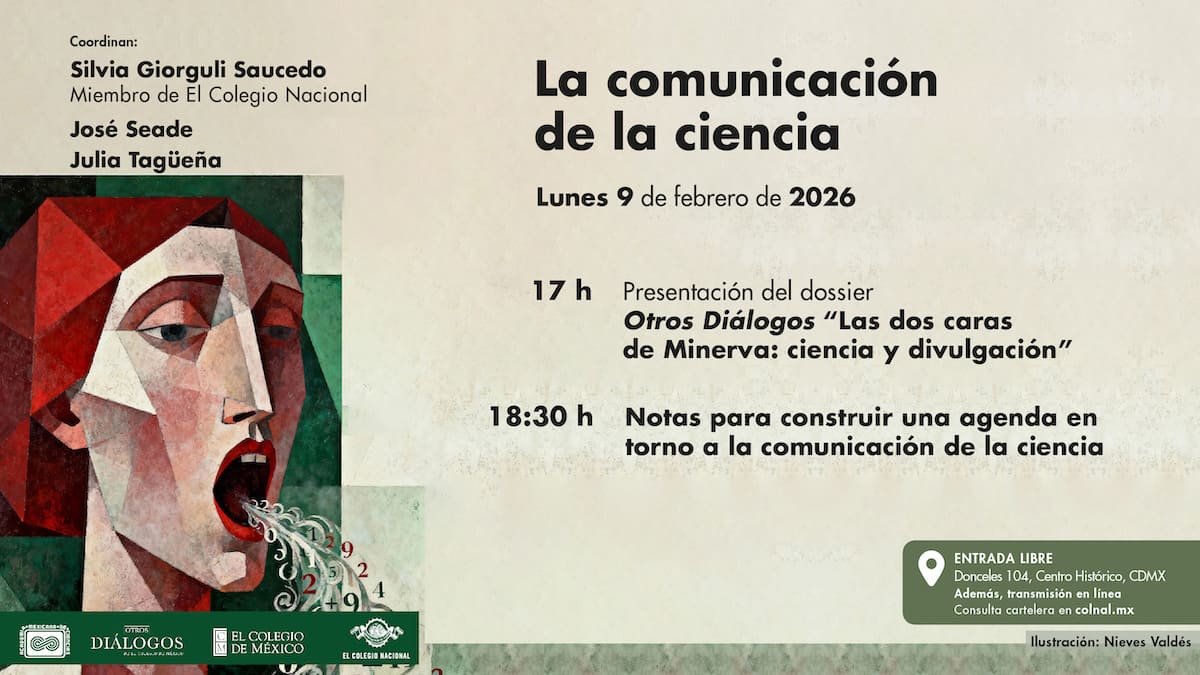Interface volume 11, issue 1, 2019
Open issue
Laurence Cox
Welcome to the twentieth issue of Interface: a journal for and about social movements. As always, Interface seeks to share learning between different social movement struggles and movements in different places and to develop dialogue between activist and academic understandings and between different political and intellectual traditions.
This issue has 14 pieces, covering movements in Australia, Catalunya, Germany, Ireland, Italy, Mexico, New Zealand, Nigeria, Palestine, SANES (the Self- Administration of North and East Syria), South Africa, Spain, the UK and the US.
The issue starts with my personal note appreciating Colin Barker, the socialist activist and Marxist theorist of social movements who died earlier this year.
Colin’s insistence on parity between activist and academic thinking was a key inspiration behind Interface, which was originally planned by enthusiastic participants at the Alternative Futures and Popular Protest conference that Colin co-convened.
Two pieces on conflict and transnational solidarity follow. Majken Jul Sørensen explores the Israeli authorities’ successful disruption and containment of the 2011 Freedom Flotilla to Gaza, offering a framework of responses to non-violent campaigns and discussing how activists can engage with these. Ricardo Kaufer’s article looks at German left and anarchist solidarity with the Kurdish movement around the Turkish invasion of Afrin, showing how and why movements in Rojava matter for movements in Germany.
These are followed by three pieces on the motivations for social movement participation. Emma Craddock looks at how UK activists experience their resistance to austerity and argues that emotions and normative ideals of care and collectivism are fundamental to sustaining activism in hard times. Luis Rubén Díaz Cepeda and Ernesto Castañeda ask what makes people become and remain active in the context of the high levels of violent repression experienced in Ciudad Juárez, Mexico, identifying an ideal type of core activist motivated by social justice and committed to a long-term agenda of social justice. Martin Pötz’ article explores the potential of utopian imagination for radical activism and offers tools for taking it further.
Two pieces focus particularly on dimensions of autonomist theory. Jared Sacks presents an argument for rethinking how surplus value is produced through reproductive work and explores the political implications for different kinds of social struggle. Miguel Martínez explores the autonomist tradition as expressed in Italian, German and Spanish squatting, with particular reference to the social, feminist and anti-capitalist dimensions of these political practices.
Chris Hardnack’s article offers a synthesis of the framing perspective in social movement studies and Gramscian analysis to develop a counter-hegemonic framing approach for the critical understanding of social movement discourses.
The reviews section begins with Beth Geglia’s review of Todd Miller’s Storming the Wall, about the globalisation and militarisation of US borders in relation to climate change and migration. Andrew Kettler’s review essay covers two books from the Posthumanities series: Nicole Seymour’s Bad Environmentalism, about the need for a more reflexive and effective environmental communication, and David Farrier’s Anthropocene Poetics, which explores the temporalities of writing on ecology. Alexander Dunlap reviews Jaume Franquesa’s Power Struggles, about the contested politics of wind energy in Catalunya. Samuel Udogbo reviews John Agbonifo’s Environment and Conflict, about the Ogoni struggle with Shell and the Nigerian state. Lastly, we have Brett Heino’s review essay on Jason Schulman’s Neoliberal Labour Governments and the Union Response, about union-party relations in New Zealand, Britain and Australia.
A call for papers for future issues of Interface follows: we publish pieces by activist thinkers as well as academic researchers (and many people who are both), and in many different formats.
We are also looking for a new editor to join the Central and Eastern Europe (CEE) group: an activist and / or academic involved in / researching movements in one or more countries in the region. Our regional groups ensure that decisions about what to publish are made by people from, active in or researching the region rather than on the basis of what fits narratives in the “core”. Editors are co-responsible for the journal as a whole, encourage activists and researchers to write for us, handle peer review and work with authors on other articles. If you’re interested, please contact Anna Szolucha at anna.szolucha AT northumbria.ac.uk.
Download>>
Te puede interesar
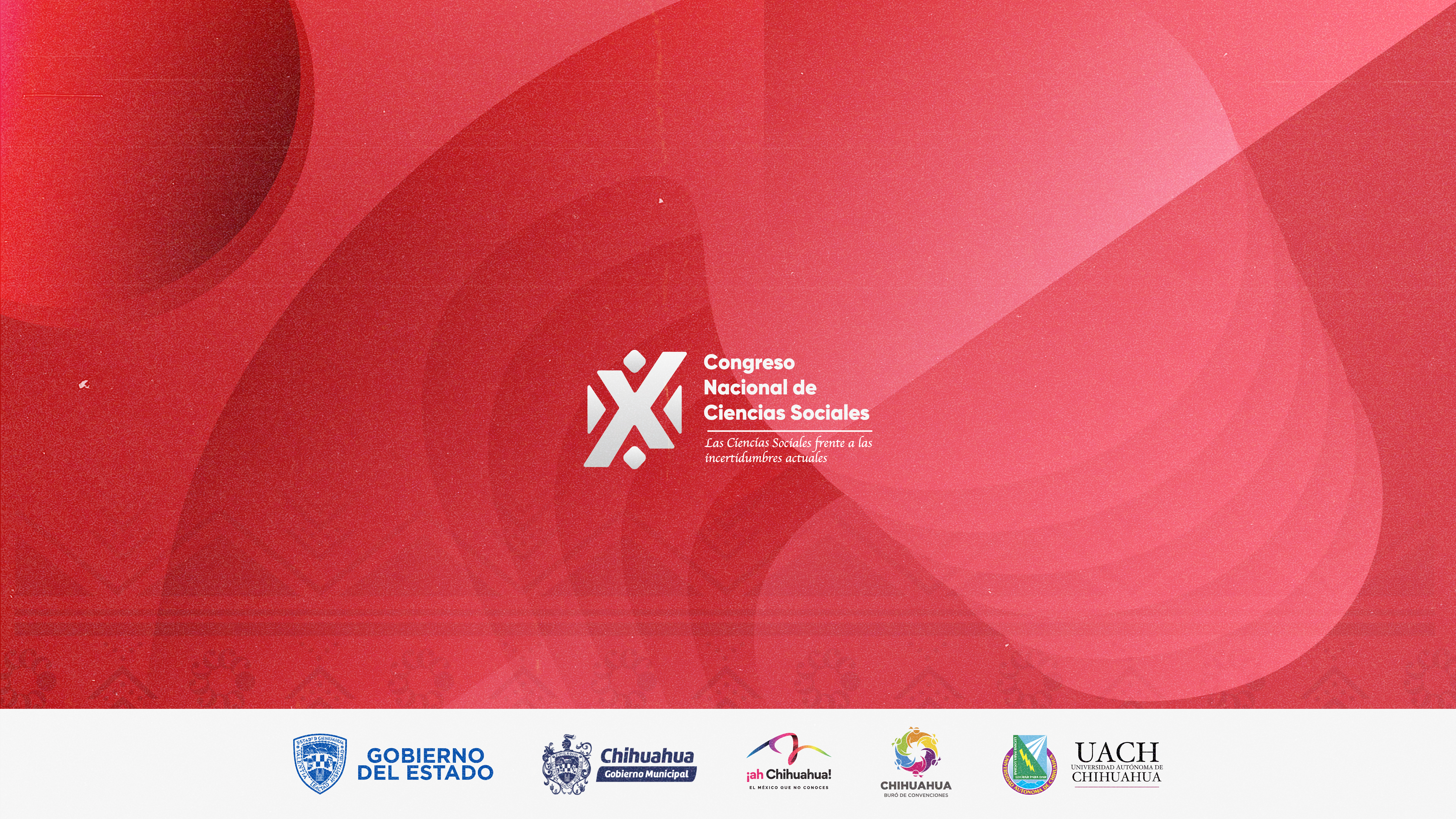
Convocatoria Feria del libro
Laura Gutiérrez - Feb 04, 2026FERIA DEL LIBRO X CONGRESO NACIONAL DE CIENCIAS SOCIALES “Las Ciencias Sociales frente a las incertidumbres actuales” INVITACIÓN Información general…

Hoteles con convenio | X Congreso Nacional de Ciencias Sociales
Laura Gutiérrez - Ene 28, 2026X Congreso Nacional de Ciencias Sociales Las Ciencias Sociales frente a las incertidumbres actuales del 23 al 27 de marzo…

Memorias del IX Congreso Nacional de Ciencias Sociales
Roberto Holguín Carrillo - Jul 02, 2025IX Congreso Nacional de Ciencias Sociales Las ciencias sociales y los retos para la democracia mexicana. Realizado en el Instituto…
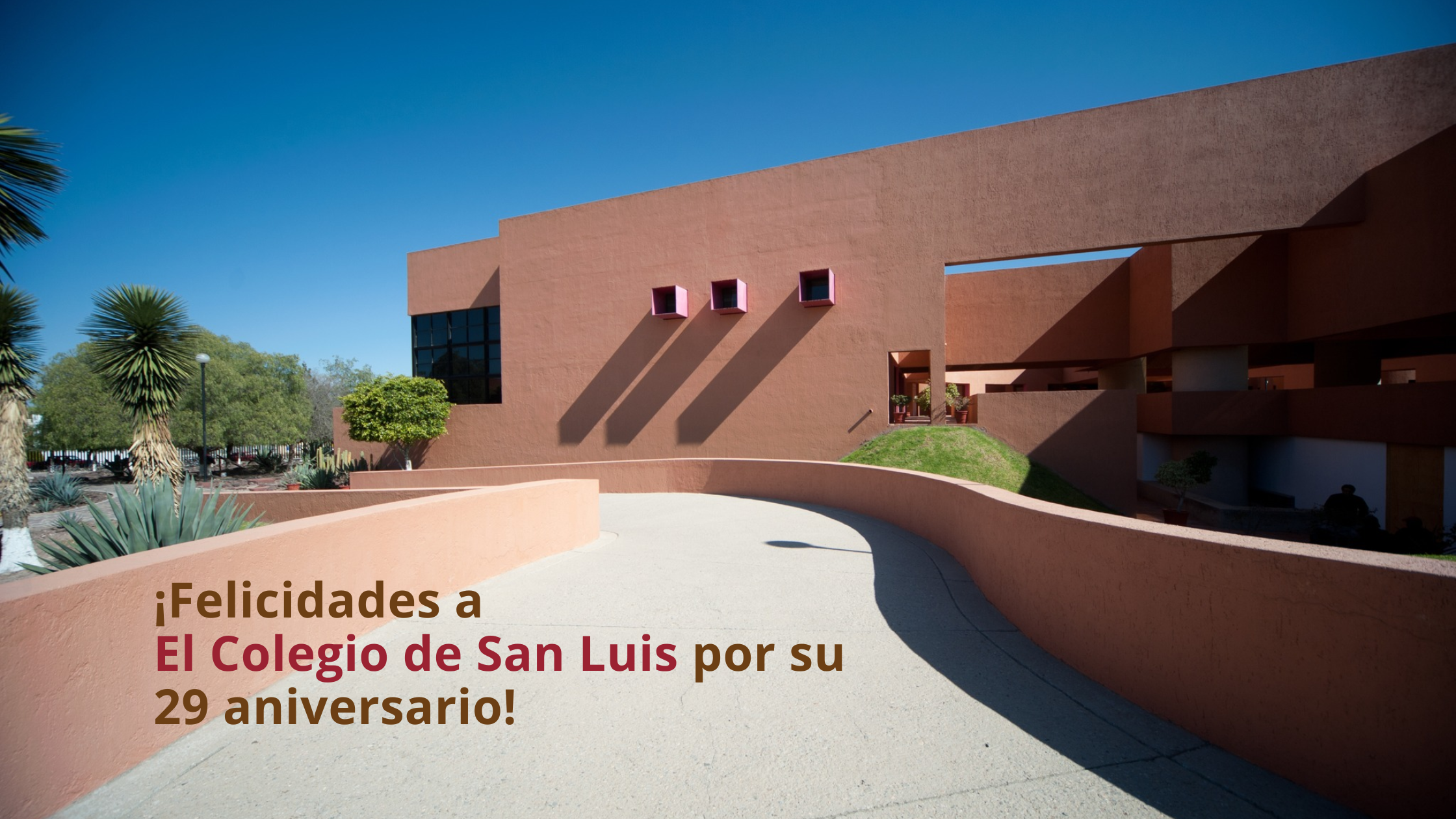
29 años de El Colegio de San Luis
Laura Gutiérrez - Feb 06, 2026El Colegio de San Luis celebra 29 años de historia y compromiso El Colegio de San Luis A.C. (Colsan) es…

Estudios Sociales, vol. 36, núm. 67
Laura Gutiérrez - Feb 05, 2026Centro de Investigación en Alimentación y Desarrollo, A.C. Estudios Sociales Revista de alimentación contemporánea y desarrollo regional vol. 36, núm.…
